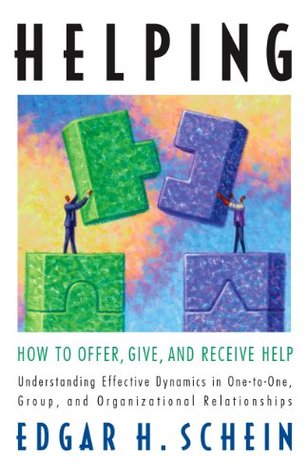If the existence of that anxiety is not recognized at the time, both parties are vulnerable to dysfunctional, defensive behavior. It is the immediate need to reduce that tension that leads to several possible emotional reactions that are normal but can easily bias the evolving relationship, which makes helping more difficult. These emotional reactions are potential traps into which either the helper or client can fall.
Welcome back. Just a moment while we sign you in to your Goodreads account.


